This is the year we all become climate reporters
The devastating extreme weather events of 2021 woke up many newsrooms to the need to cover human-caused climate change in a sustained, multidisciplinary way. In short, it was a year in which publications realized they needed a climate reporter.
Some, such as ABC News and CNN, formed dedicated new teams focused on the subject this year. The Washington Post and The New York Times already had extensive resources devoted to the subject. But many news organizations, pressed for resources, still view climate through the lens of science or the environment, siloing it off from the business desk, politics, entertainment, and more.
In the wake of the Glasgow Climate Pact, which was long on promises and short on specifics, extreme weather and climate events will increasingly force reporters’ and editors’ hands, demanding more sustained coverage.
But like the high tides invading Miami Beach, the climate change story is leaking into the newsroom. Climate now is just as much a business and foreign policy story as it is a science topic. Local reporters need to be adept at spotting climate impacts in their communities and telling stories about the people affected by them. Business reporters need to understand the risks to the economy of potential stranded assets as oil and gas companies have to shift — perhaps suddenly — to renewables, leaving many of their proven, valuable reserves in the ground.
National security reporters are already covering climate conflicts, they just might not realize it yet. The geopolitical risks from the destabilizing impacts of climate, including water stress, migration, and severe storms mean that foreign reporters will have to be climate literate.
There have never been so many resources to help journalists tell climate stories, either. For example, investigative journalists can now take advantage of new datasets coming online from satellite companies, such as measurements of carbon dioxide and methane emissions. Working with data reporters, this information can help identify countries and even individual cities and companies that are not living up to their emissions reduction commitments.
In the next few years, a news company — think CNN, The Washington Post, or the LA Times — will take advantage of the decreased cost of accessing space to launch its own Earth-observing satellite, and use its data in storytelling and to sign up subscriptions. Instead of a local TV station advertising a new “Super Doppler 9000” radar for its weather center, I expect media promos about methane-detection satellites to start running in 2022 or 2023.
Andrew Freedman covers climate and energy for Axios.

The devastating extreme weather events of 2021 woke up many newsrooms to the need to cover human-caused climate change in a sustained, multidisciplinary way. In short, it was a year in which publications realized they needed a climate reporter.
Some, such as ABC News and CNN, formed dedicated new teams focused on the subject this year. The Washington Post and The New York Times already had extensive resources devoted to the subject. But many news organizations, pressed for resources, still view climate through the lens of science or the environment, siloing it off from the business desk, politics, entertainment, and more.
In the wake of the Glasgow Climate Pact, which was long on promises and short on specifics, extreme weather and climate events will increasingly force reporters’ and editors’ hands, demanding more sustained coverage.
But like the high tides invading Miami Beach, the climate change story is leaking into the newsroom. Climate now is just as much a business and foreign policy story as it is a science topic. Local reporters need to be adept at spotting climate impacts in their communities and telling stories about the people affected by them. Business reporters need to understand the risks to the economy of potential stranded assets as oil and gas companies have to shift — perhaps suddenly — to renewables, leaving many of their proven, valuable reserves in the ground.
National security reporters are already covering climate conflicts, they just might not realize it yet. The geopolitical risks from the destabilizing impacts of climate, including water stress, migration, and severe storms mean that foreign reporters will have to be climate literate.
There have never been so many resources to help journalists tell climate stories, either. For example, investigative journalists can now take advantage of new datasets coming online from satellite companies, such as measurements of carbon dioxide and methane emissions. Working with data reporters, this information can help identify countries and even individual cities and companies that are not living up to their emissions reduction commitments.
In the next few years, a news company — think CNN, The Washington Post, or the LA Times — will take advantage of the decreased cost of accessing space to launch its own Earth-observing satellite, and use its data in storytelling and to sign up subscriptions. Instead of a local TV station advertising a new “Super Doppler 9000” radar for its weather center, I expect media promos about methane-detection satellites to start running in 2022 or 2023.
Andrew Freedman covers climate and energy for Axios.
Brian Moritz

Tom Trewinnard

Michael W. Wagner

Cherian George
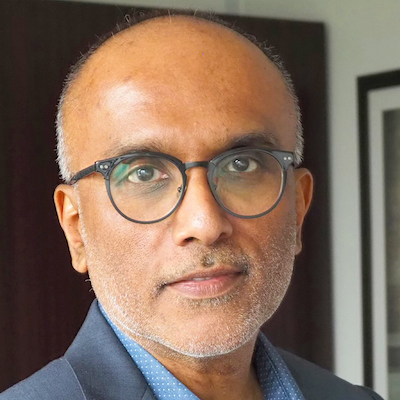
Jennifer Coogan

S. Mitra Kalita
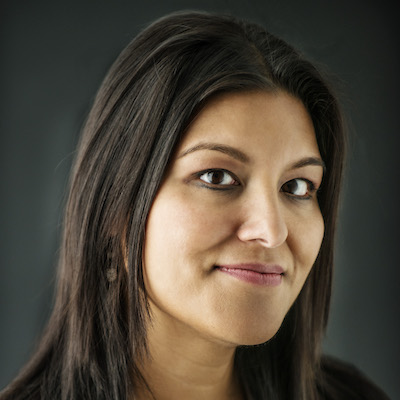
Zizi Papacharissi

Sarah Marshall

Alice Antheaume
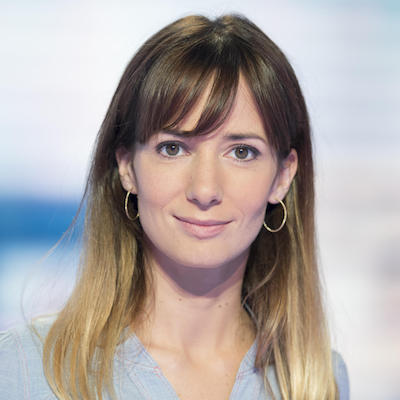
Kristen Muller

Amara Aguilar

Mary Walter-Brown

j. Siguru Wahutu
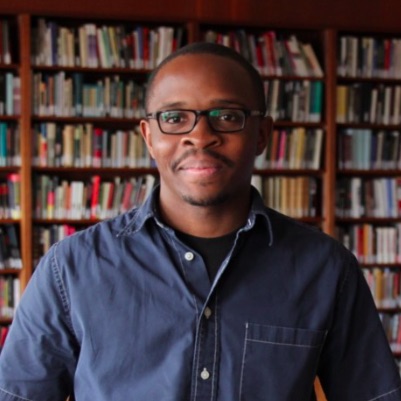
Robert Hernandez

Izabella Kaminska
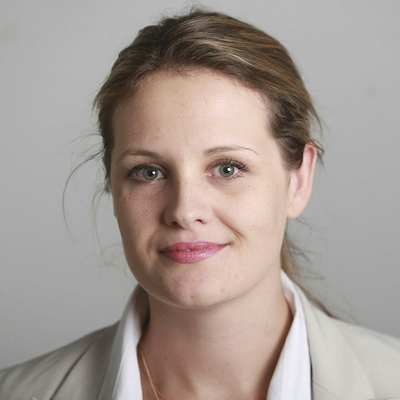
Megan McCarthy

Errin Haines

Kerri Hoffman
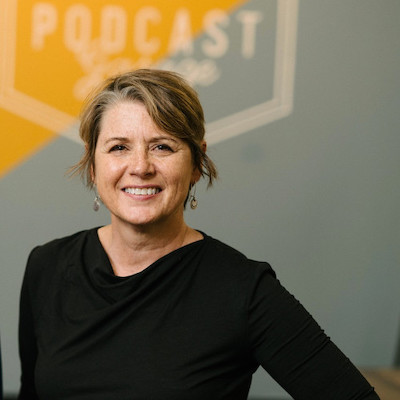
Janelle Salanga

Wilson Liévano
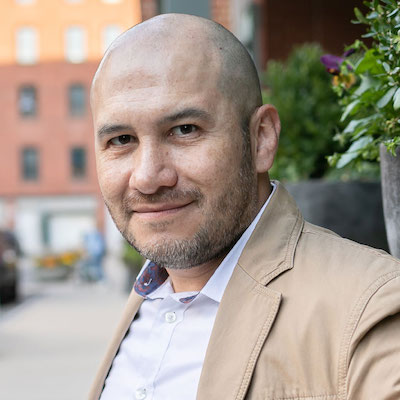
A.J. Bauer

Joni Deutsch

Francesco Zaffarano

Joanne McNeil

Sam Guzik

Doris Truong

John Davidow

Joy Mayer

Anita Varma

Tamar Charney

Whitney Phillips

David Skok

Joe Amditis

Christoph Mergerson
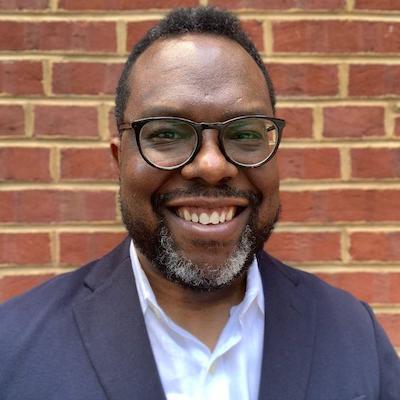
Parker Molloy

Larry Ryckman

Melody Kramer

Mike Rispoli

Gonzalo del Peon

Meena Thiruvengadam
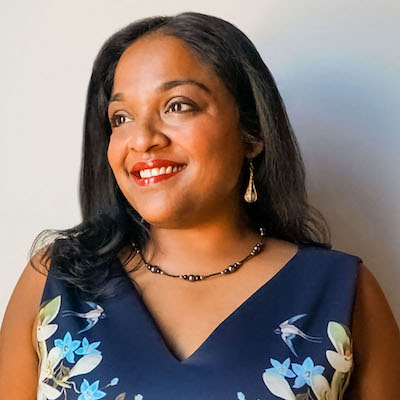
AX Mina

Simon Galperin

Cindy Royal

Moreno Cruz Osório

Stephen Fowler

Shannon McGregor Carolyn Schmitt

Amy Schmitz Weiss
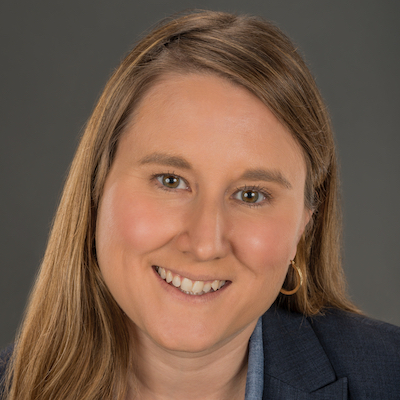
Kathleen Searles Rebekah Trumble

Chase Davis

Joshua P. Darr

Candace Amos
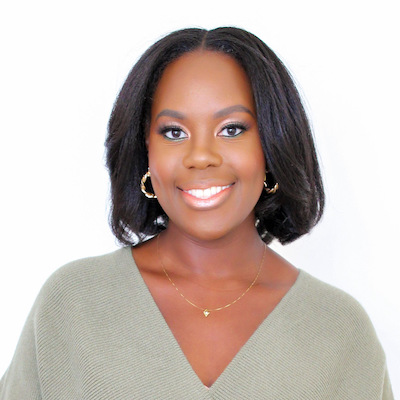
Natalia Viana

Ståle Grut

Burt Herman

Julia Munslow

Gordon Crovitz

Tony Baranowski

Jessica Clark

Daniel Eilemberg

Juleyka Lantigua

Ariel Zirulnick

Mandy Jenkins

Millie Tran

Cristina Tardáguila

James Green

Simon Allison

Matt DeRienzo

Don Day

Raney Aronson-Rath

Christina Shih

Anika Anand

Eric Nuzum

Julia Angwin

Jim Friedlich

Jesse Holcomb

Jody Brannon

Anthony Nadler

Jesenia De Moya Correa
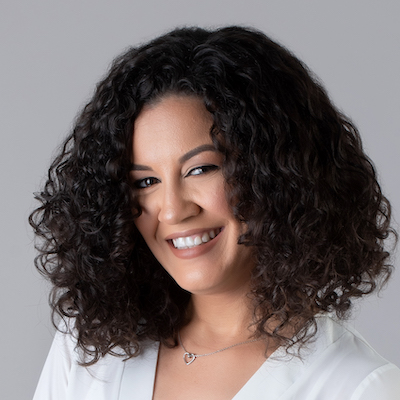
Kendra Pierre-Louis

Shalabh Upadhyay

Sarah Stonbely

Chicas Poderosas

Nikki Usher

Victor Pickard

Matthew Pressman

Richard Tofel

Rachel Glickhouse

Kristen Jeffers

Jennifer Brandel

Andrew Freedman

Laxmi Parthasarathy

Rasmus Kleis Nielsen

Gabe Schneider

Mario García
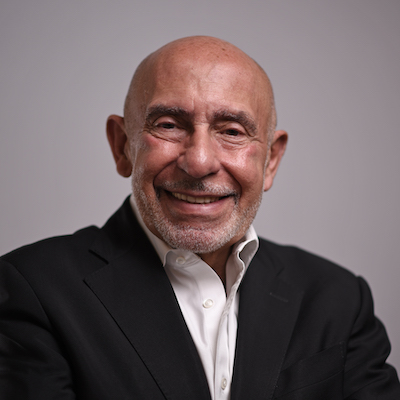
Jonas Kaiser

Stefanie Murray

David Cohn

Catalina Albeanu

Matt Karolian

Paul Cheung
